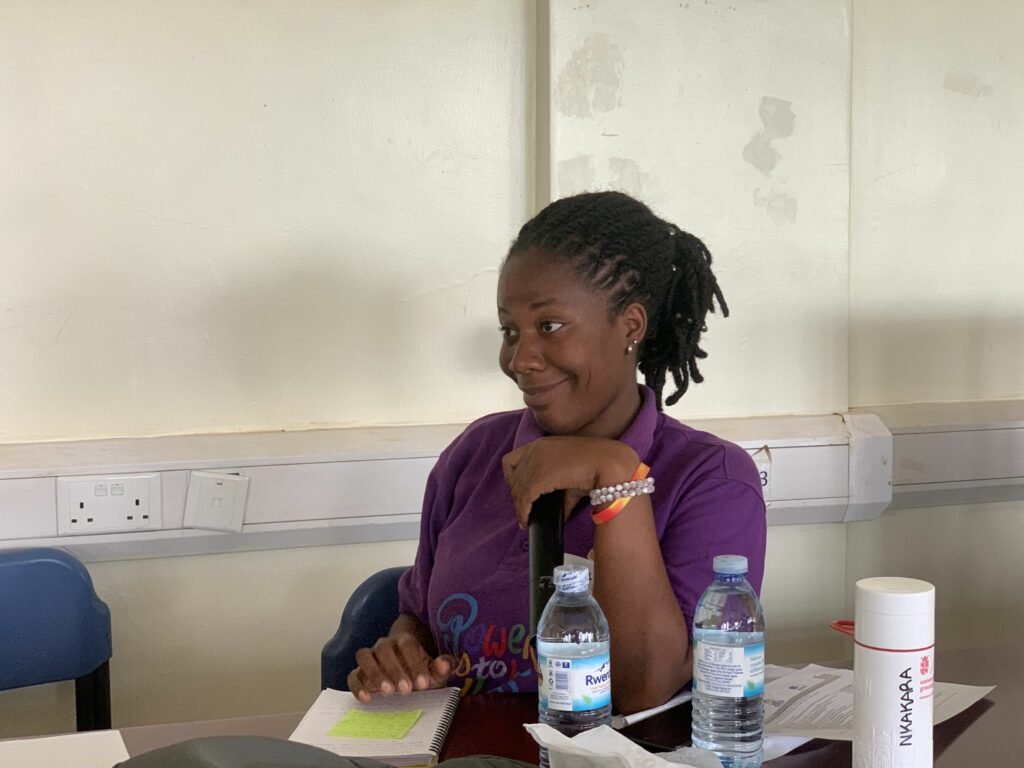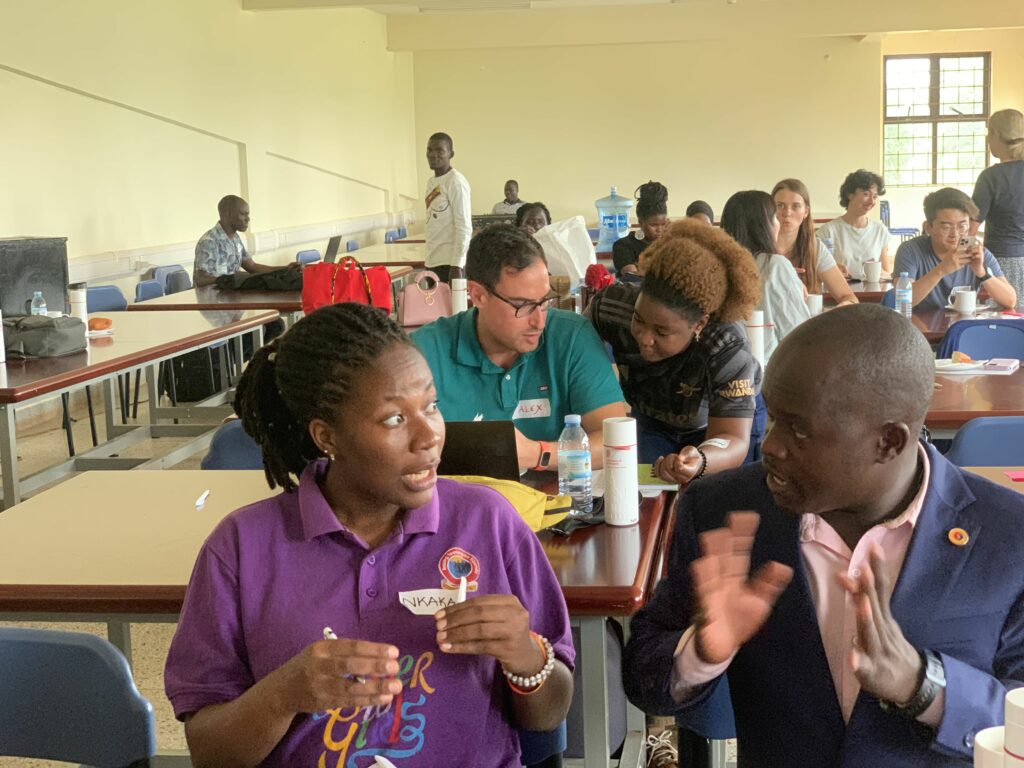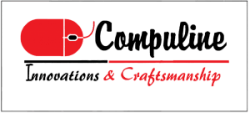‘To be resilient and constantly learn’ – a core transition strategy amidst difficulties!

As a tradition of our UNESCO Chair Gulu summer schools, we create conversational spaces for our students, lecturers and volunteers. We often start with individual reflections to enable everyone to make a connection to the theme. Using participatory learning tools such as paired interviews and think-write-share, we prompt participants to build relationships with each other in a meaningful way. This warms up and fires up participants to build social relationships. They forge human links which are so important not only for the rest of the summer school duration but also future collaborations. Of Course we desire to have communities of like-minded participants to grow voluntarily to facilitate continuity of learning relationships and collaborations.
Our summer school introductory sessions are always full of fun but are also intentionally designed for participants to make them think deeply about the theme. They begin to develop their own learning agendas; and hope is alway for each of them to develop learning journals to keep in their learning trajectory during and after the summer school. The July 2024 Summer School under the theme “finding your way into the education-work transition: mental resilience and social entrepreneurship” began on 16 Jul at Gulu University main Library. We presented the following three prompters to trigger the minds of the participants:
- Reflect on individual life journey as a student from compulsory education to vocational or university education to identify transition enablers, barrier and strategies
- Reflect on individual life journey as a graduate from vocational or university education to the world of work to transition enablers, barriers and strategies
- Reflect on individual life journey as an academic or professional moving upward or stagnating to identify transition enablers, barriers and strategies
- Think about all the above in a context where work, trade and business environments are either conductive or constrained.
These ignited everyone to reflect on the enablers, barriers and strategies in their life journeys as students, graduates and practising professionals. The family and community support system was identified as a real transition enabler by most of the summer school participants. The ‘individual’ as an enabler of own transition was vivid in the opinion of many participants. For instance, P*4 remarked that “support systems of family, friends and social networks; and individual effort” is key.
The participants reflected on real obstacles and barriers in their transitions. Social status was recognised as the real influence in the individual journeys within the education, work and entrepreneurship fields. There was a strong remark which implied that “how you are raised when (what time) and where in the world” has the greatest influence on one’s transition. However, the faith in the ‘individual’ as the core asset to navigate barriers and turn enablers into transition resources was vivid in the reflections of most participants.
Reflecting on their ‘navigation strategies, the summer school participants offered some advice to those facing difficult transitions: According to p6, “locus of control; and self efficacy” is critical. P4 thinks that “Keeping awake looking at all the possibilities” is so crucial in opening new ways of dealing with transition difficulties. P5 has the view that getting unstuck you need to “talk with others about your idea and ask for ideas and advice; and be a good listener” (p5). “Be creative within your limits” is what p6 thinks to be among the key ways of taking advantage of what is within ‘your circle of influence’. This connects with p7’s advice to “Use available resources [so as] to make a difference, [and that] bigger things are built from scratch”. P8’s advice is a set of interrelated strategies “One thing a day gets you closer to your goals, keep being creative in any way you can, find yourself, do what you love, believe in yourself, there is space for you out there, there is space for everyone”.

All in all, the insights of p2 who posited that “… to be resilient, and constantly learn” constitutes a core transition enabler and strategy strengthens the thesis that links ‘agency, resilience and lifelong learning’. I often argue that to ‘constantly learn’ is a personal responsibility that is realisable through individual and intentional decision making. The decision making phenomena is not free from the routines of the troubles, challenges, obstacles and setbacks at home, work and in all the other domains of our lives. But the resilience to bounce back on one’s education or work trajectory through generating and using new knowledge, skills and attributes is key.
I must say it is alway a rewarding experience to be part of our UNESCO Chair Gulu Summer Schools. The UNESCO Chair on Lifelong Learning, Youth and Work is coordinated by the University of Groningen and Gulu University. The Chair has so far organised six summer schools; two held in the Netherlands. This sixth edition brought together very interesting young talents as well as experienced middle and senior professionals from the Netherlands, United Kingdom, China, Greece, Japan, Lithuania, Italy and Uganda. The power of co-creating learning experiences no matter the age, social status or levels of academic and professional backgrounds is always vivid.
P* is short for ‘participant’
